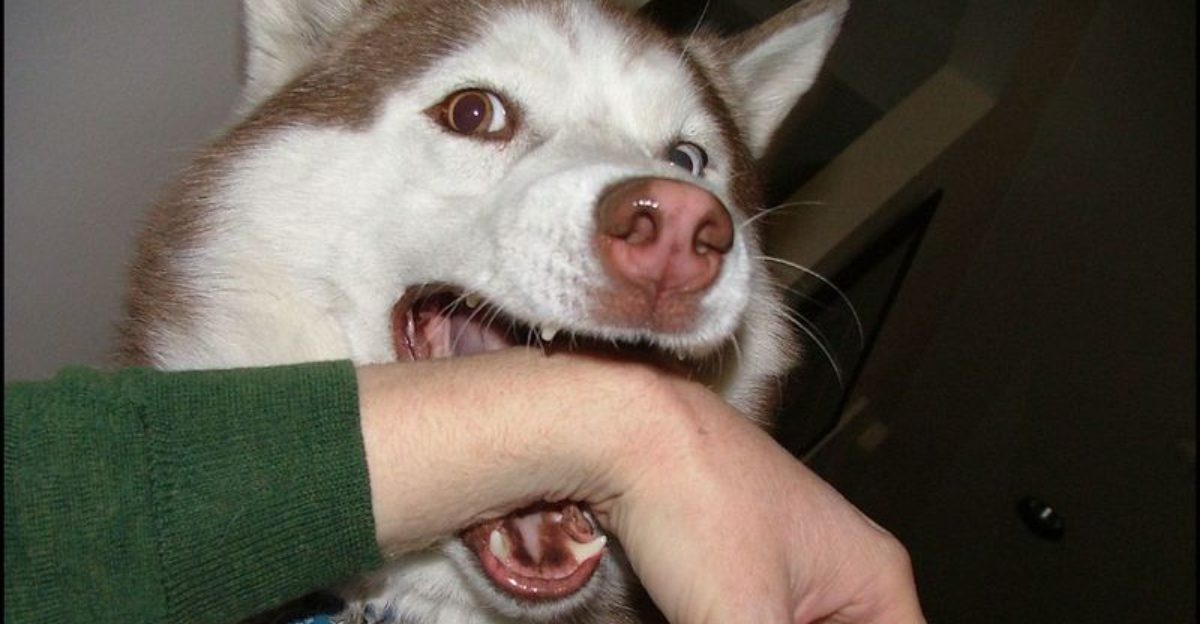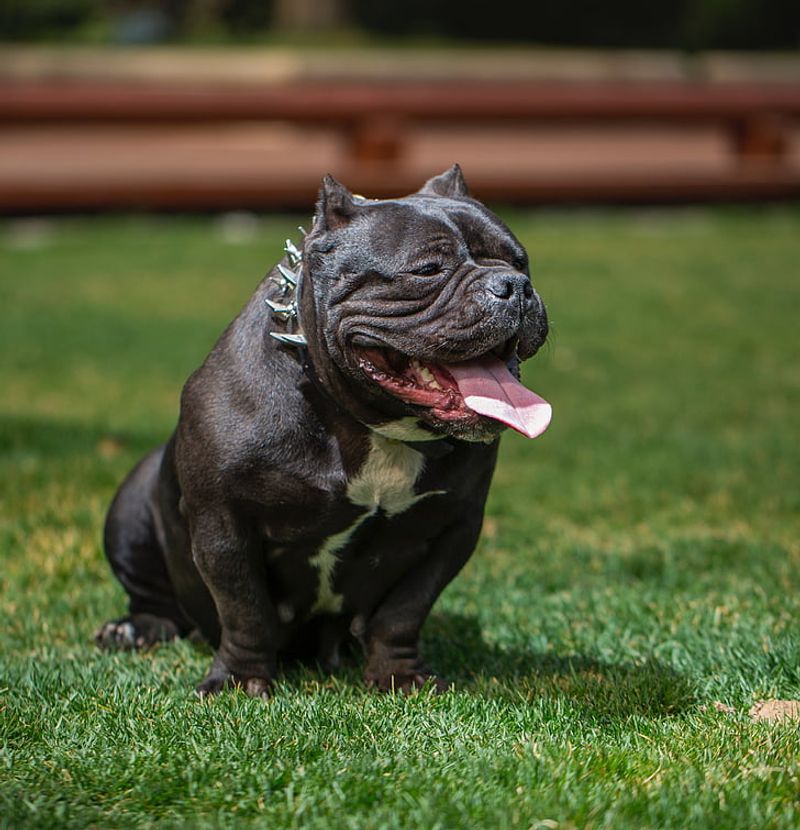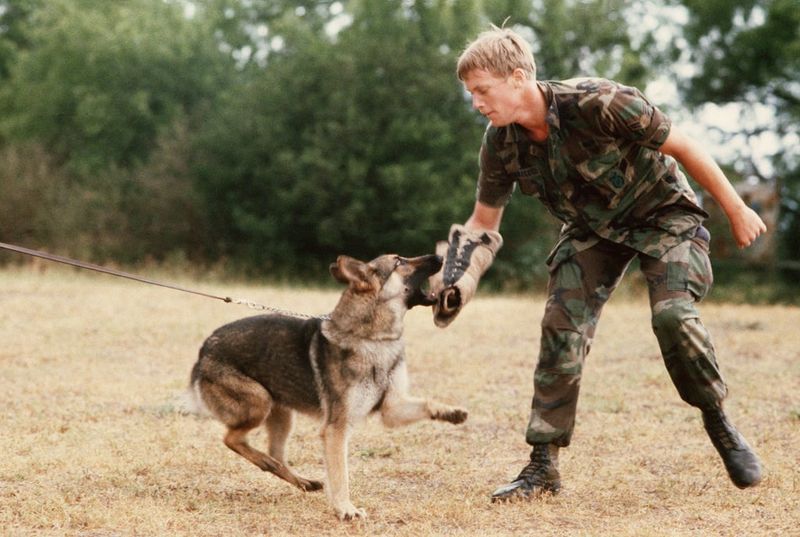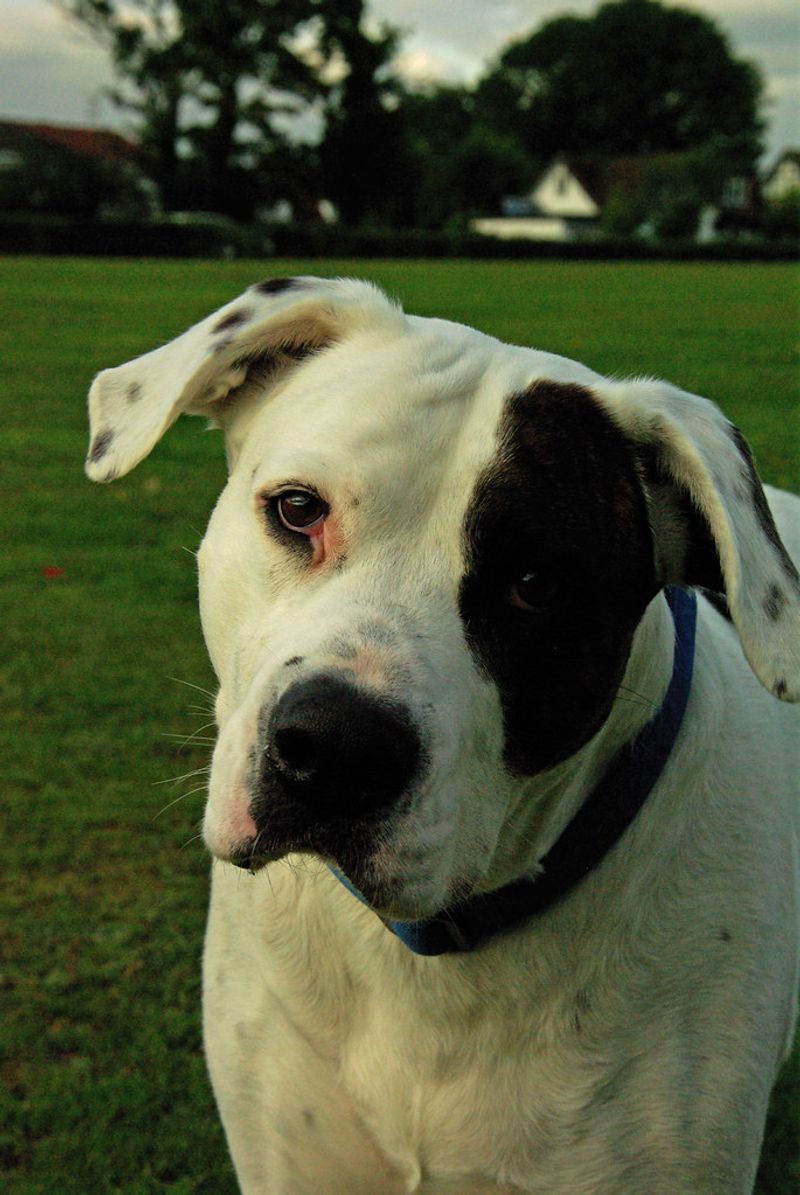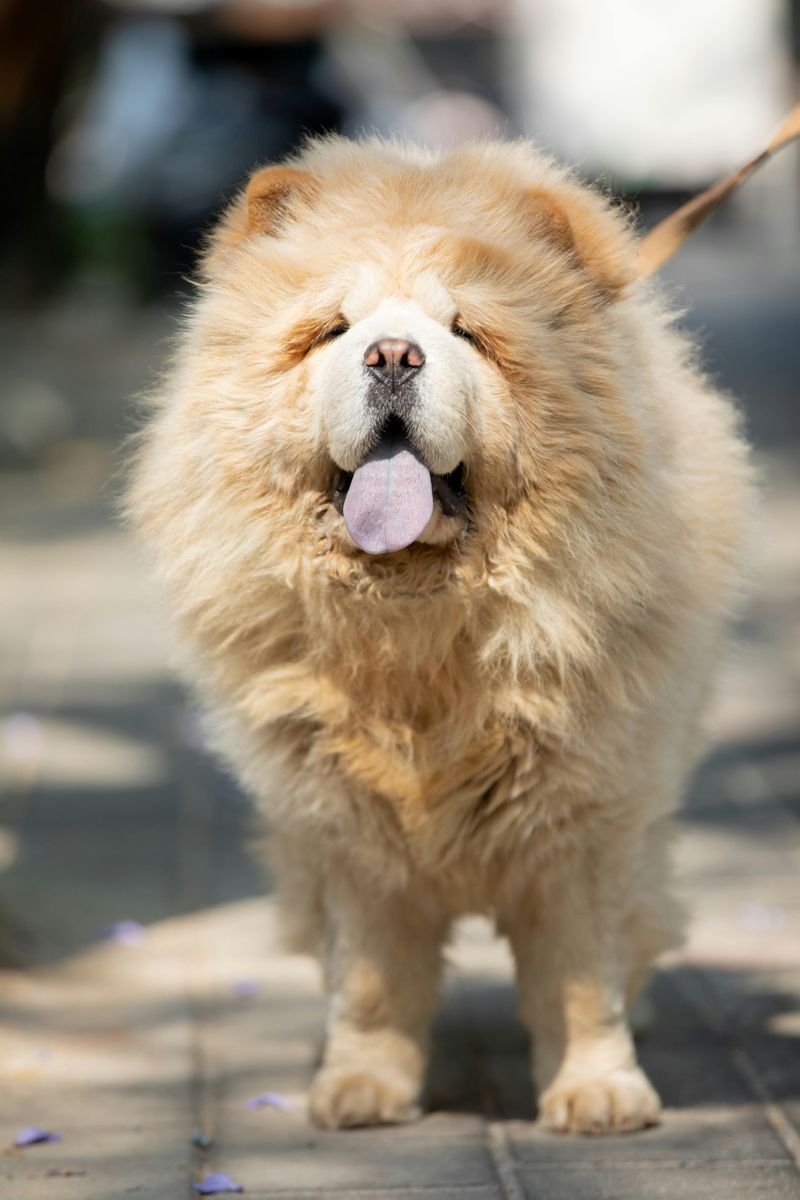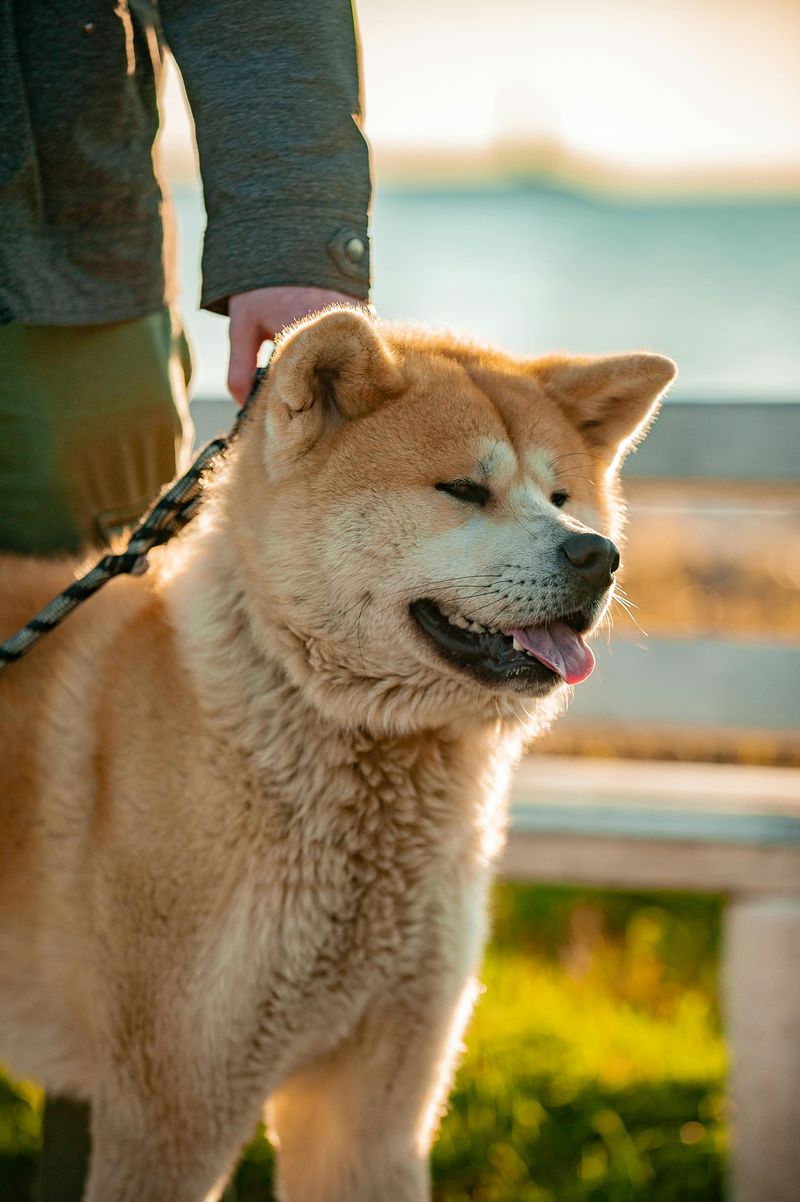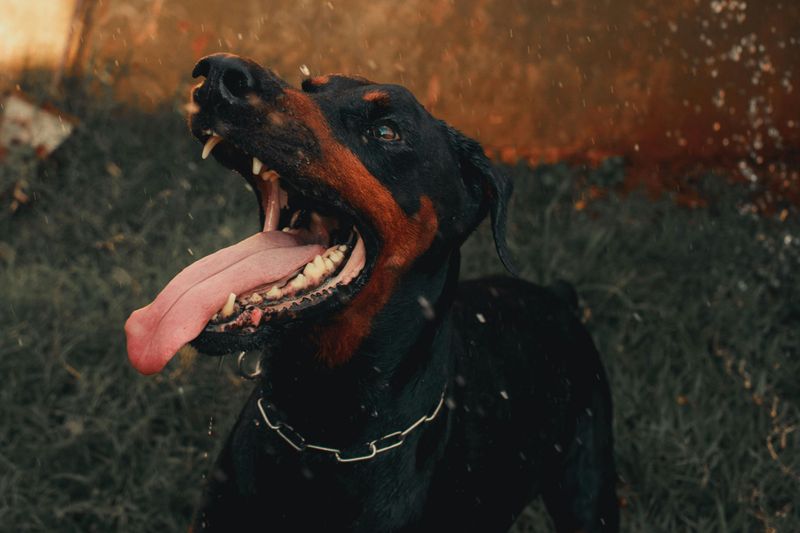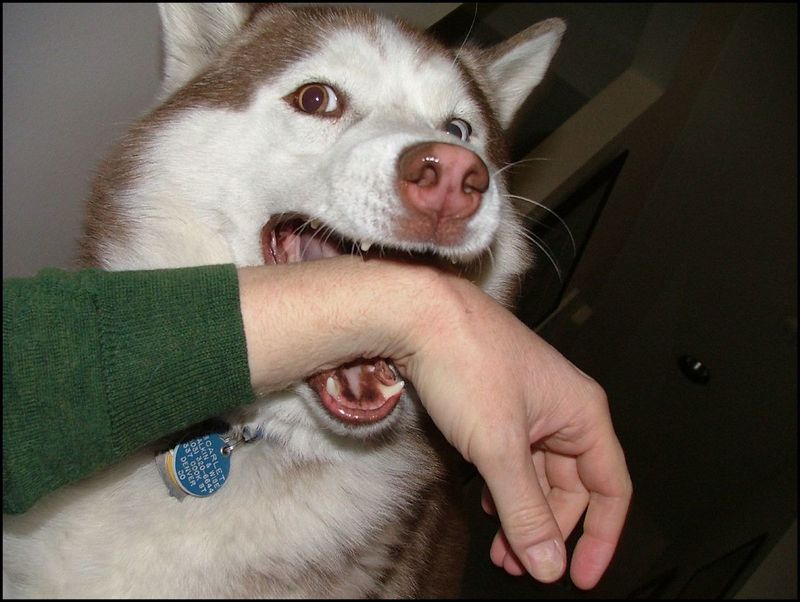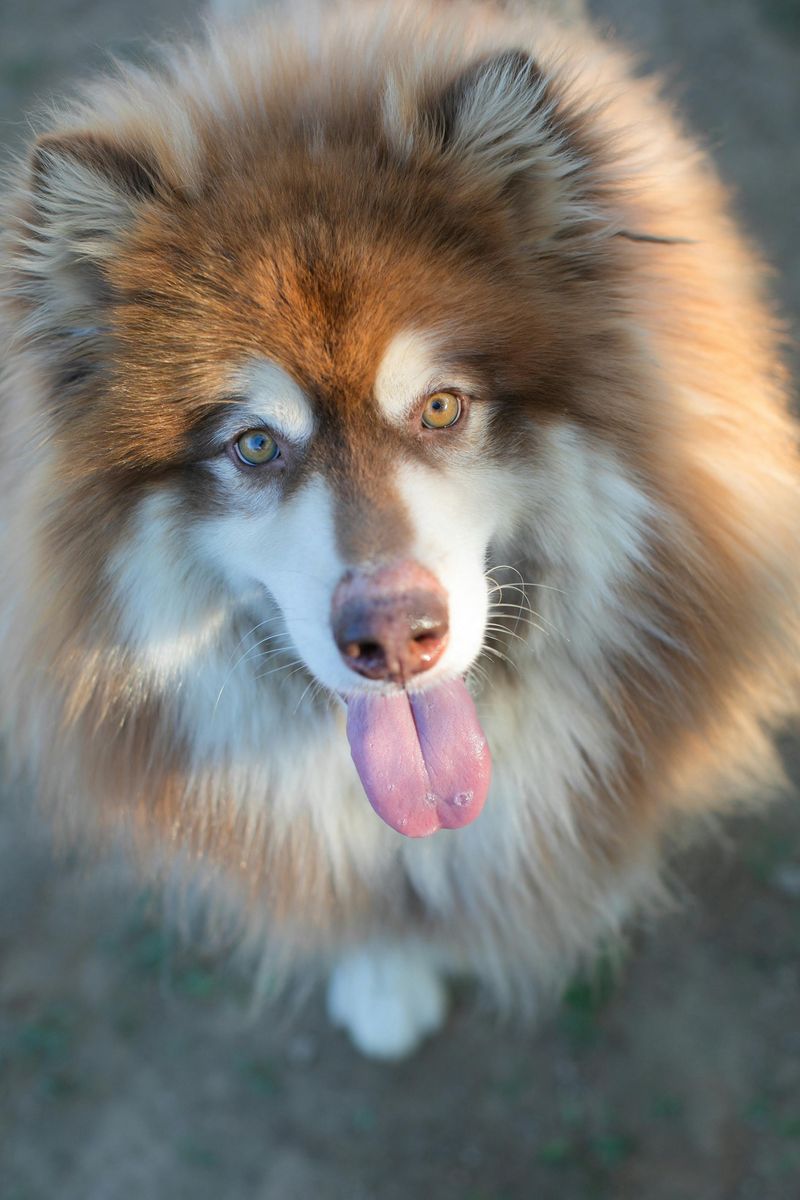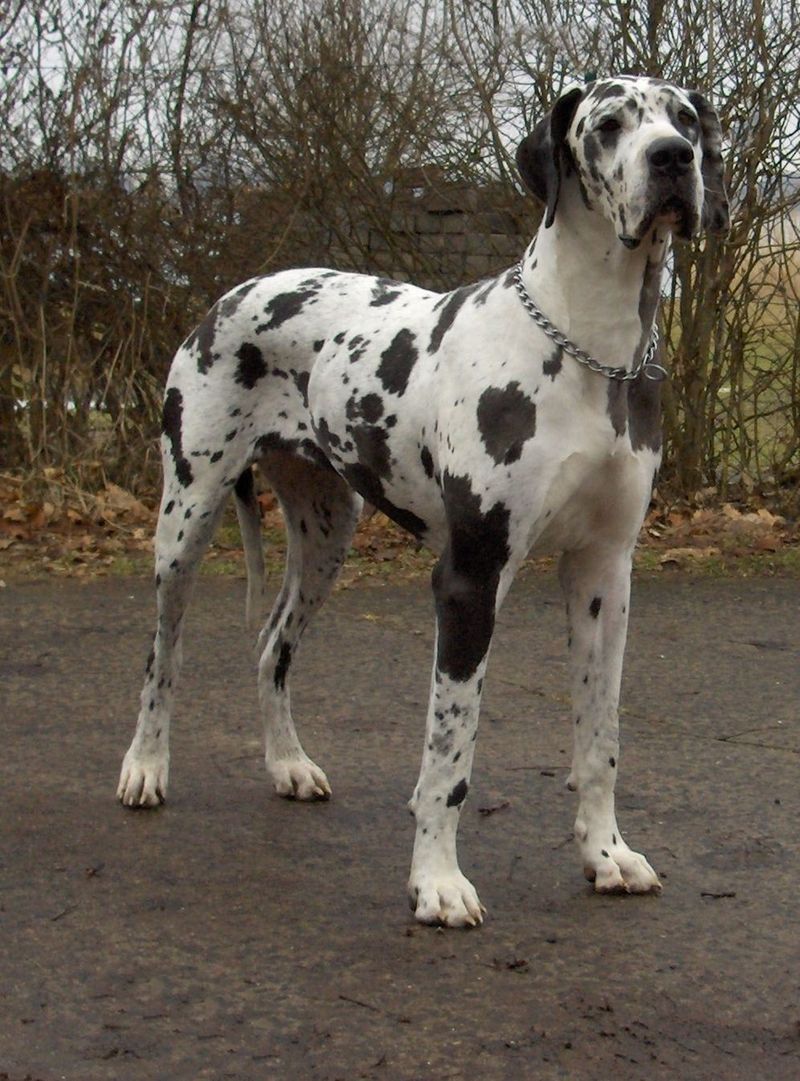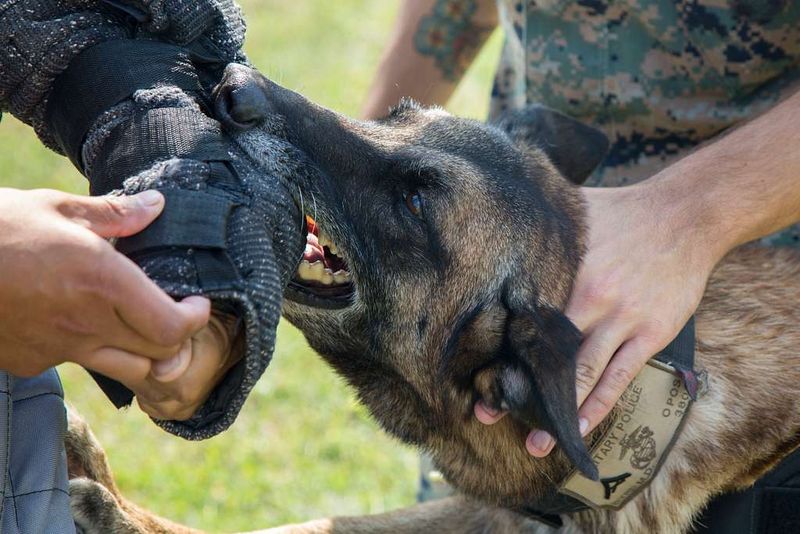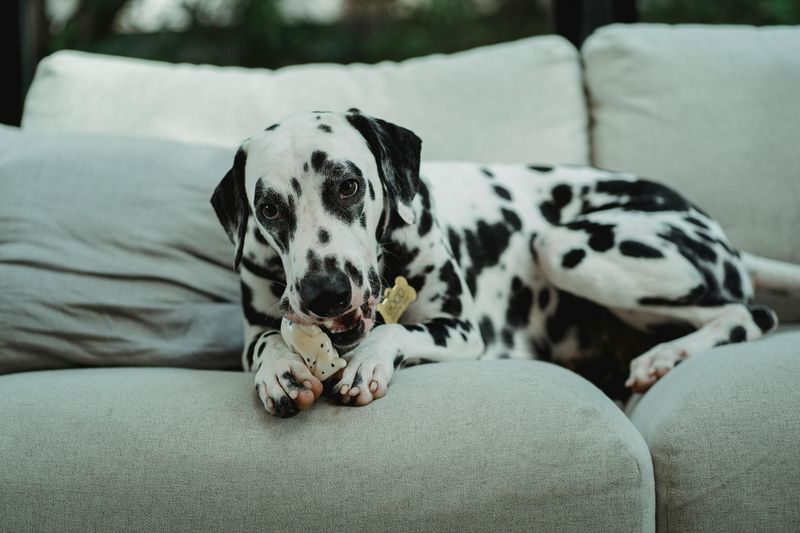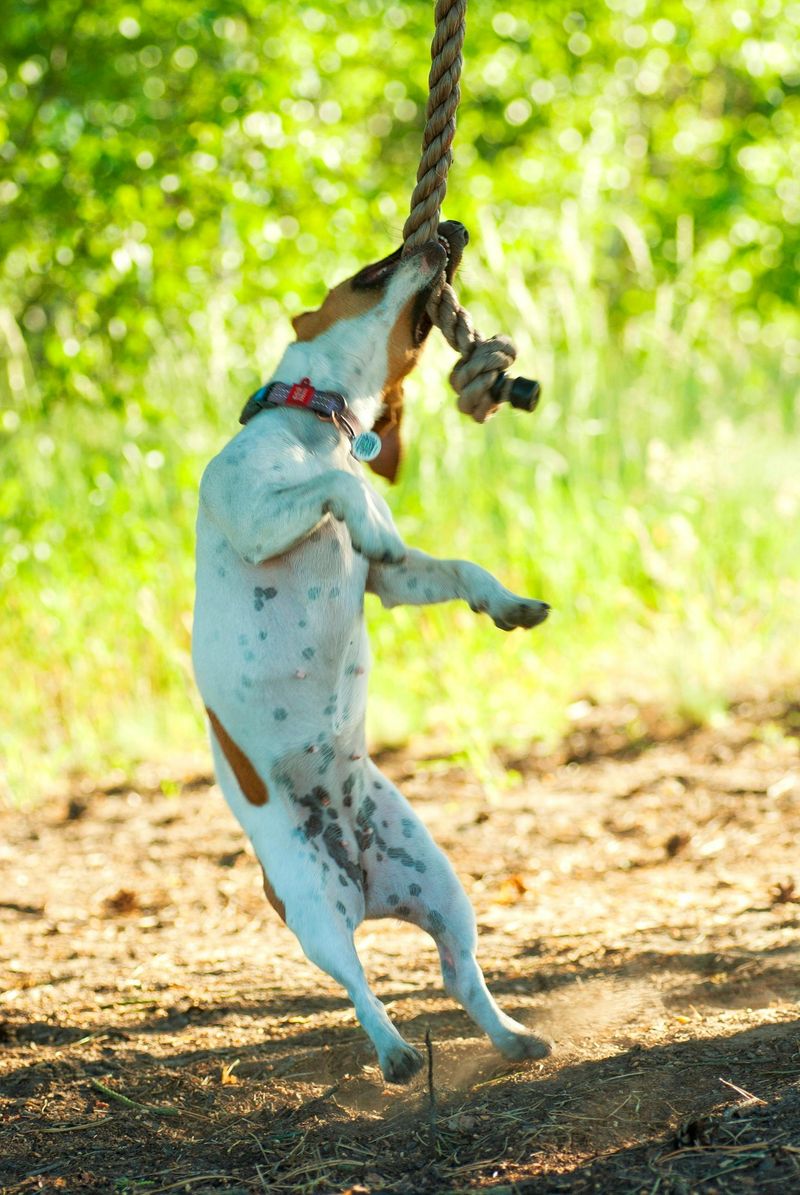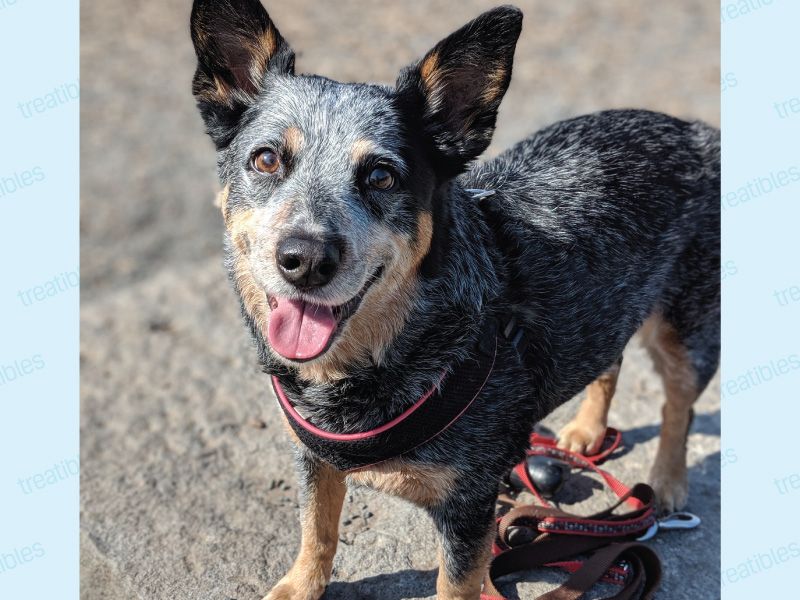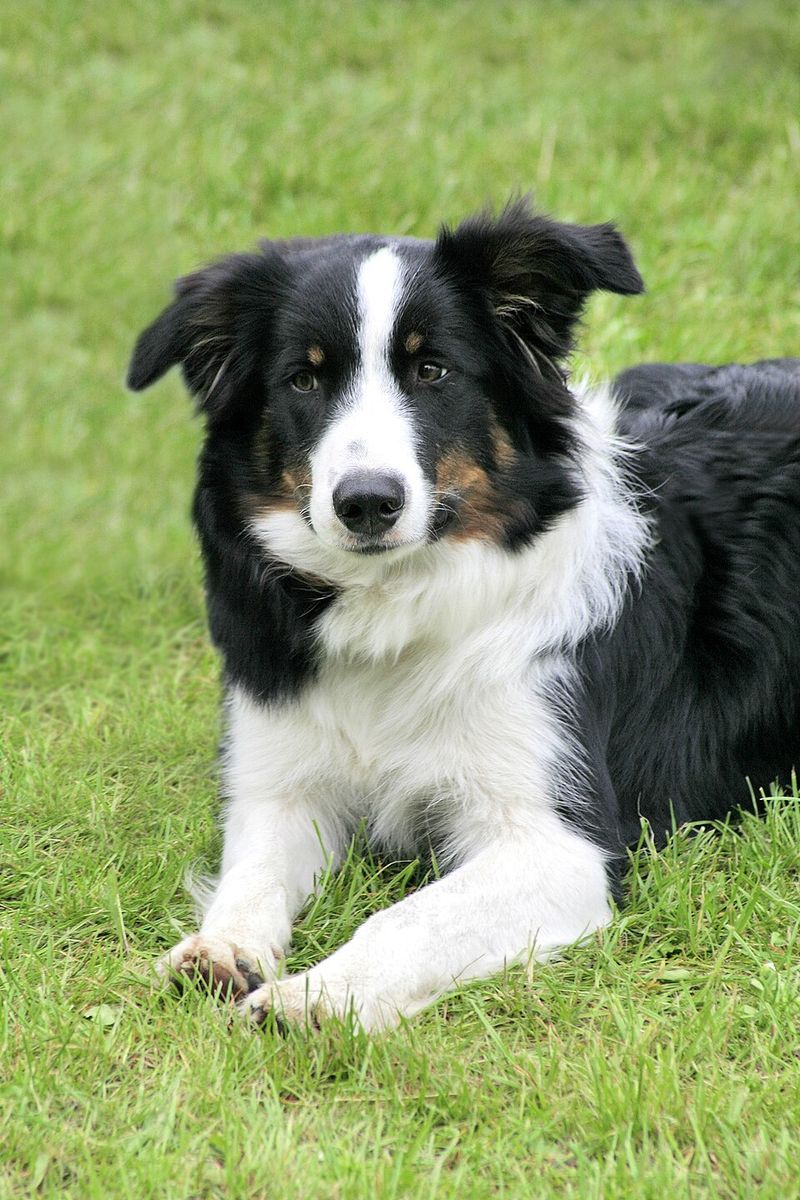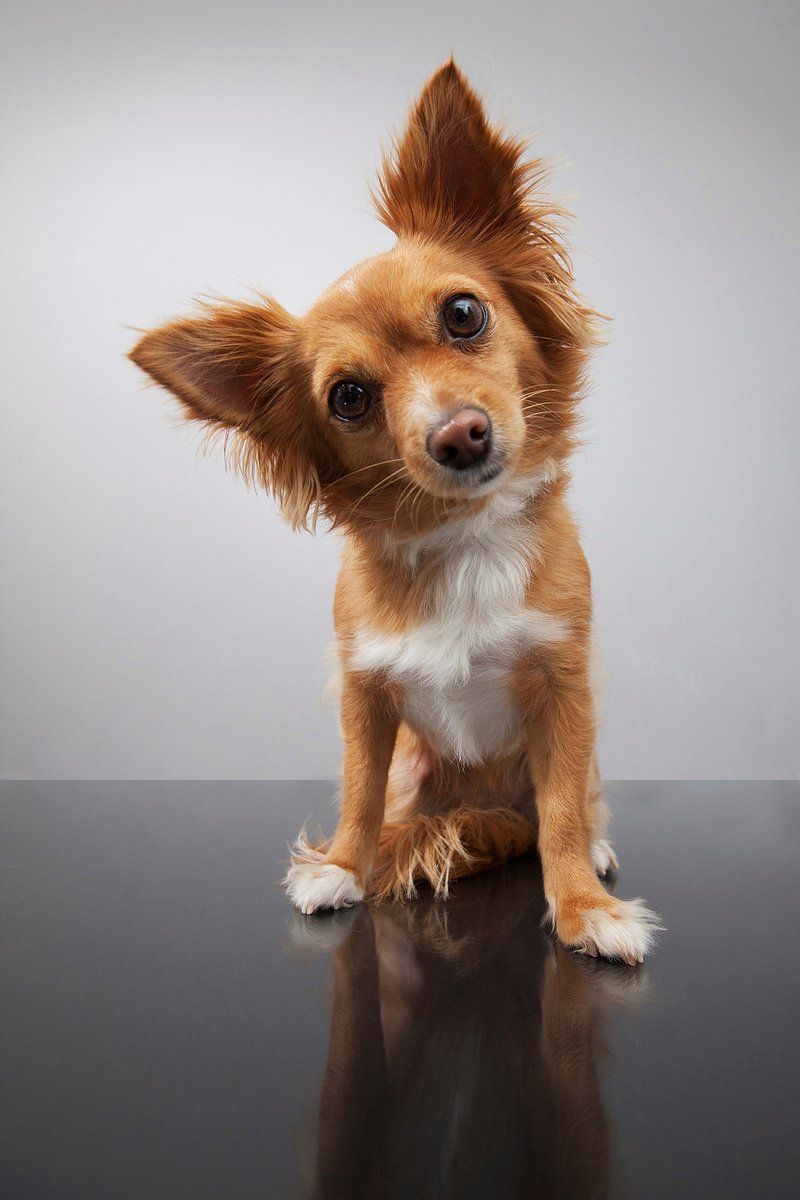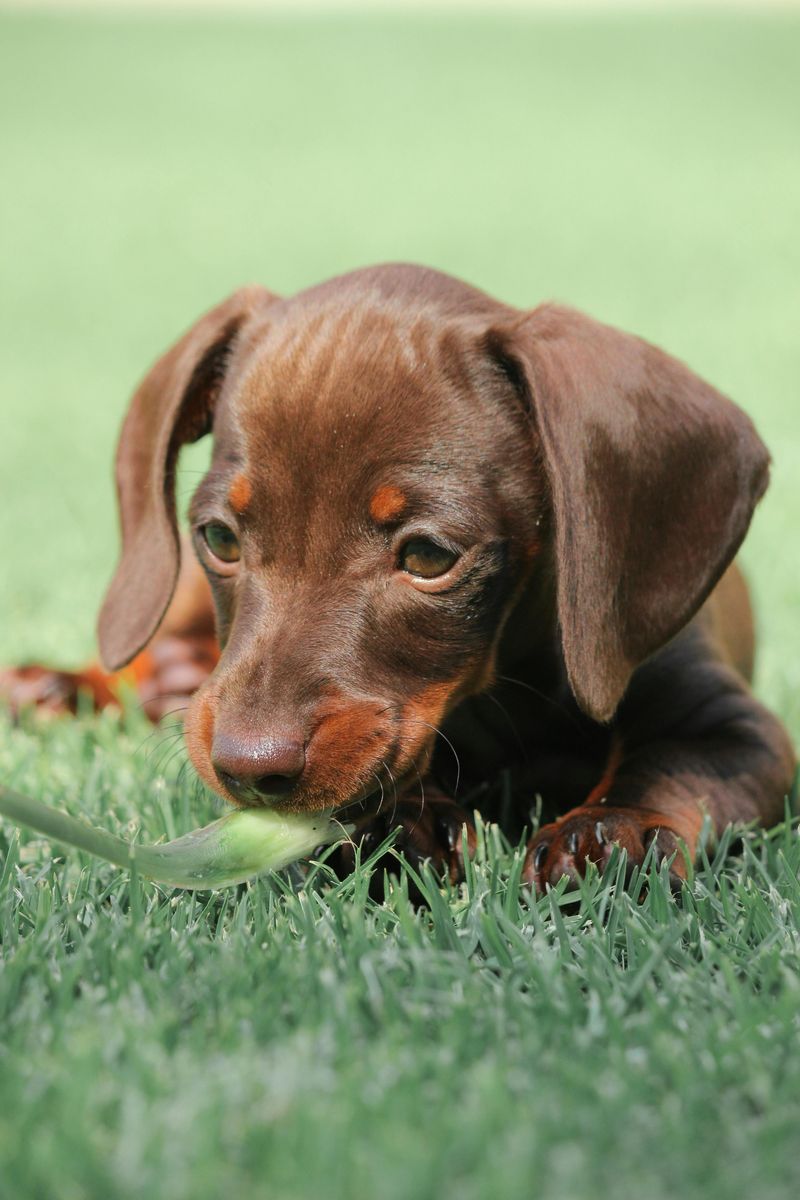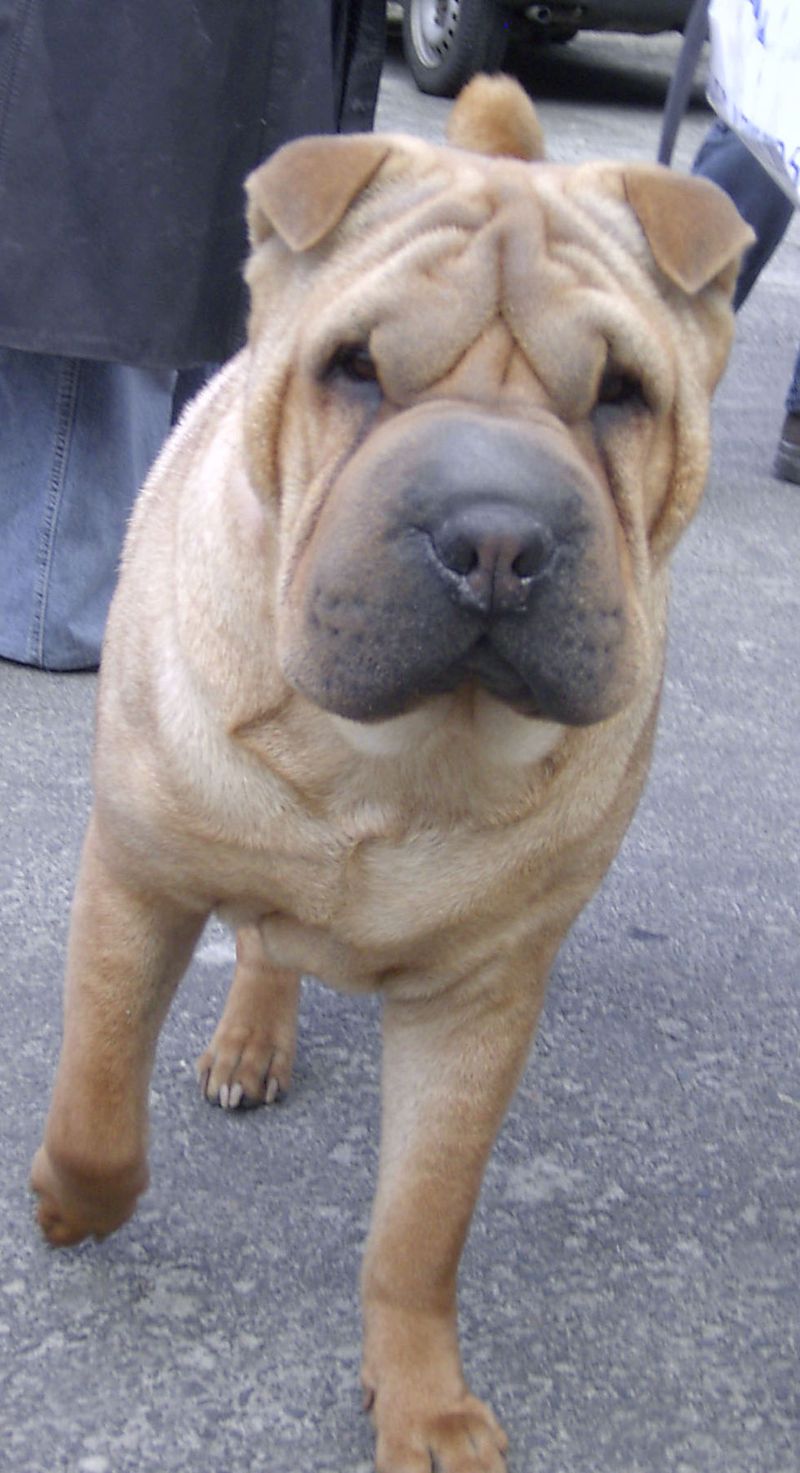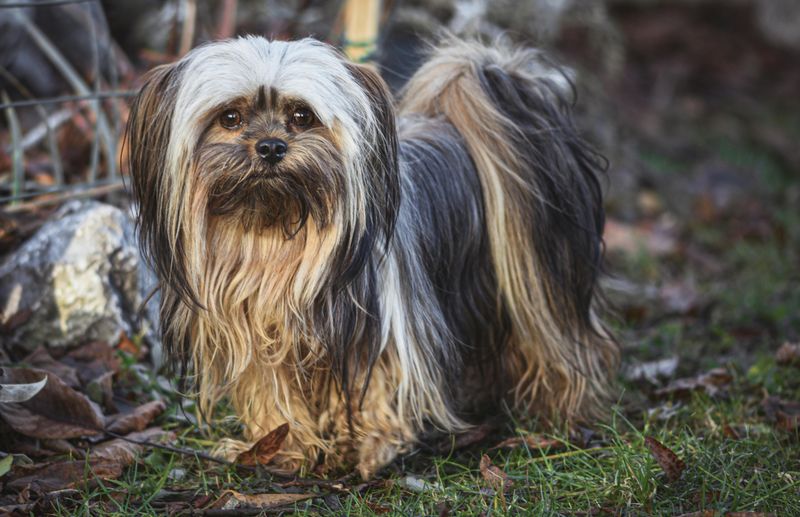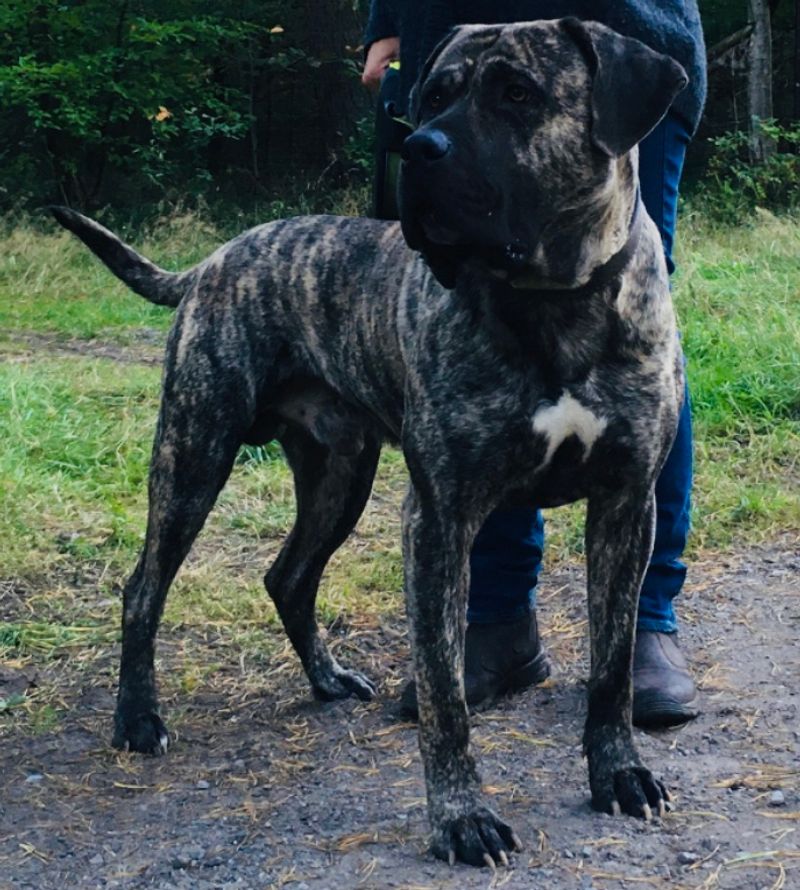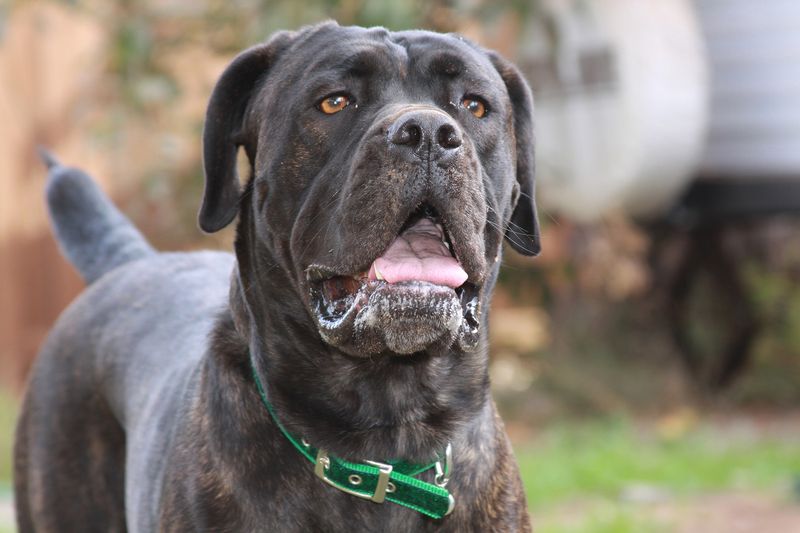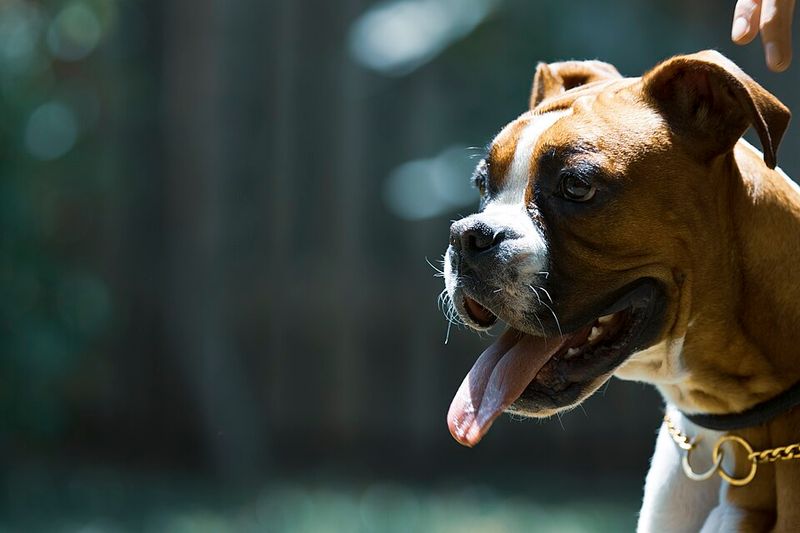Exploring the reasons behind dog bite incidents often involves looking at specific breeds. Each has unique traits that can influence their behavior in various situations. This list covers 24 breeds that are frequently associated with biting, along with insights into why these occurrences happen.
Pit Bull Terrier
Known for their strength and determination, Pit Bull Terriers are often misunderstood. Their powerful build and intense loyalty can sometimes be misinterpreted as aggression.
These dogs need proper training and socialization to channel their energy positively. When raised in a loving environment, they can be gentle companions.
Unfortunately, their reputation has been marred by those who exploit their strength. Understanding their needs is crucial in preventing incidents.
Rottweiler
Rottweilers boast a history as working dogs, known for their protective instincts. Their imposing presence often leads to misconceptions about their nature.
With proper guidance, Rottweilers are incredibly loyal and affectionate with their families. Their territorial nature means they must be socialized well.
Their guardianship instincts can lead to biting if they feel their family is threatened, stressing the need for responsible ownership.
German Shepherd
German Shepherds are renowned for their intelligence and versatility. Often employed in police work, their sharp instincts are a defining trait.
These dogs are deeply loyal, forming strong bonds with their people. This can result in protective behaviors.
Without adequate exercise and mental stimulation, German Shepherds may become restless, sometimes leading to unwanted behaviors like biting.
American Bulldog
American Bulldogs are known for their confident and assertive nature. Their history as farm dogs contributes to their strong work ethic.
These dogs thrive on companionship and can be quite gentle with children. However, their protective instincts can sometimes take precedence.
Proper training and exercise are essential to keep their energy in check, ensuring they remain balanced and friendly pets.
Chow Chow
Chow Chows are distinguished by their lion-like appearance and aloof demeanor. Often reserved with strangers, they can be fiercely loyal to their family.
Their independent nature can sometimes be mistaken for aloofness. They require patience and gentle handling.
Without proper socialization, their wariness of strangers can lead to defensive biting. Understanding their unique personality is key.
Akita Inu
Akita Inus are celebrated for their dignified and strong-willed nature. Originating from Japan, they have a rich history as hunting dogs.
Their loyalty is unparalleled, often forming deep attachments to their family. This devotion can sometimes turn into protectiveness.
Akitas need consistent training to manage their independent nature, preventing incidents in unfamiliar situations.
Doberman Pinscher
Doberman Pinschers, known for their sleek appearance and agility, have a reputation for being highly trainable.
Their close bond with their owner makes them excellent companions, but this attachment can manifest as protectiveness.
With proper socialization, Dobermans can be friendly and approachable, though their protective instincts require guidance to avoid negative incidents.
Siberian Husky
Siberian Huskies, with their energetic and free-spirited nature, are known for their striking appearance.
Bred as sled dogs, they have a strong prey drive and require ample exercise. Their sometimes mischievous nature can lead to challenges.
Without enough activity and stimulation, their energy may manifest as biting, highlighting the need for an active lifestyle.
Alaskan Malamute
Alaskan Malamutes are powerful and enduring, bred to pull sleds in harsh Arctic conditions.
Their social nature means they thrive on interaction and companionship. However, their strength requires firm handling.
Lack of sufficient exercise can lead to frustration, which might result in biting. Proper training ensures they remain harmonious family members.
Bullmastiff
Bullmastiffs are known for their imposing size and gentle disposition. Originally bred as guard dogs, they possess a calm confidence.
Their protective instincts are deeply ingrained, making them excellent guardians. However, they require thoughtful socialization.
With the right environment, Bullmastiffs are affectionate, though their size and strength necessitate knowledgeable handling to prevent incidents.
Great Dane
Great Danes, often called gentle giants, are known for their imposing stature and kind spirit.
Despite their size, they are remarkably easygoing and form close bonds with their family. Their calm nature is a defining trait.
Proper training helps manage their size, ensuring they interact safely with others, reducing the risk of biting incidents.
Belgian Malinois
Belgian Malinois are celebrated for their intelligence and work ethic, often seen in service roles.
Their loyalty and sharp instincts make them exceptional partners, but their energy requires channeling.
Without structured activities, their high drive may lead to unwanted behaviors, including biting. Consistent training harnesses their potential positively.
Dalmatian
Dalmatians, with their distinctive spots, are iconic and energetic companions.
Their lively nature requires regular activity to prevent restlessness. Known for their friendliness, they still need boundaries.
Without proper guidance, their energy and curiosity can lead to nipping. Positive reinforcement helps channel their enthusiasm constructively.
Cocker Spaniel
Cocker Spaniels are beloved for their joyful and affectionate demeanor. Their friendly nature often makes them ideal family pets.
However, they can become anxious if not properly socialized, leading to defensive behaviors.
Regular interaction and reassurance are vital to maintaining their confidence, reducing the likelihood of biting incidents.
Jack Russell Terrier
Jack Russell Terriers are small but bursting with energy and curiosity. Their tenacity is matched by their intelligence.
These spirited dogs need regular stimulation to satisfy their inquisitive nature. Their boldness sometimes leads them into trouble.
Providing structured activities prevents frustration, curtailing any nipping tendencies that may arise from boredom.
Australian Cattle Dog
Australian Cattle Dogs, with their keen intelligence, are known for their herding abilities.
Their alert and hardworking nature requires a clear purpose. Without tasks, they may resort to nipping as a way to express their energy.
Engagement through training and activities ensures they are well-behaved and fulfilled, minimizing negative behaviors.
Border Collie
Border Collies, known for their intelligence and agility, excel in herding and competitive sports.
Their high energy demands regular physical and mental stimulation. Without it, they might exhibit unwanted behaviors.
Structured engagement helps in channeling their drive, reducing incidents of nipping often associated with lack of activity.
Chihuahua
Chihuahuas, despite their size, are bold and spirited companions.
Their sometimes feisty demeanor can lead to defensive nipping if they feel threatened. Socialization is crucial to temper their boldness.
With patience and proper training, Chihuahuas show their affectionate side, reducing the likelihood of biting.
Dachshund
Dachshunds, with their distinctive long bodies, are known for their playful and curious nature.
Originally bred for hunting, they possess a strong prey drive. Socialization helps manage their instincts around other animals.
Proper engagement and training ensure they remain friendly and confident, minimizing defensive nipping behaviors.
Shar-Pei
Shar-Peis, recognized for their wrinkled skin, are known for their independence and loyalty.
Their reserved nature requires early socialization to ensure they are comfortable with strangers. Without it, they may react defensively.
With consistent training, Shar-Peis can be serene and trustworthy companions, reducing behavioral issues.
Lhasa Apso
Lhasa Apsos, originating from Tibet, are known for their regal appearance and keen senses.
Their independence requires patient handling and socialization. They can become wary of strangers if not properly exposed to different environments.
With love and consistent boundaries, they are affectionate companions, minimizing the occurrence of nipping.
Presa Canario
Presa Canarios are known for their strength and confident presence, often used as guard dogs.
Their protective instincts necessitate experienced handling and training. Without clear leadership, they may assert dominance.
Proper socialization and training foster their composed nature, ensuring they are reliable and safe companions.
Cane Corso
Cane Corsos are revered for their muscular build and protective instincts, originally bred as guard dogs.
Their strong-willed nature requires firm guidance and socialization. With these, they can be affectionate and loyal.
Structured training helps manage their natural instincts, reducing the potential for biting incidents in unfamiliar situations.
Boxer
Boxers are celebrated for their playful spirit and boundless energy. Their affectionate nature endears them to families.
While friendly, their exuberance requires proper channeling to prevent nipping during play. Consistent training is vital.
With the right environment, Boxers are loving companions, showcasing their fun-loving personality without issues.
